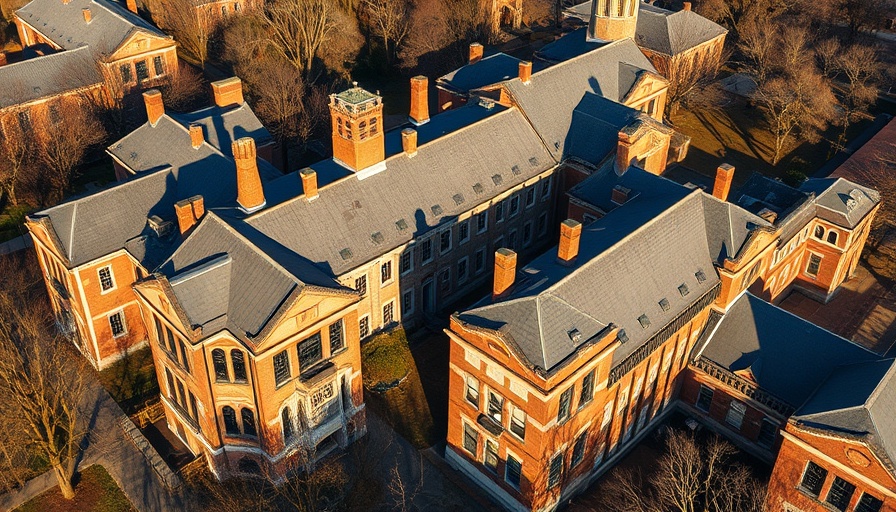
Harvard Professors Challenge Funding Review in Landmark Lawsuit
In a significant legal move, a group of Harvard University professors has initiated a lawsuit aimed at blocking the Trump administration's review of nearly $9 billion in federal funding. This funding, comprising contracts and grants, is being scrutinized under the pretext of addressing alleged antisemitism on college campuses. The professors are alleging that this review infringes upon their academic freedom and free speech rights.
Background on the Legal Challenge
The lawsuit, filed in Boston federal court, arises from claims made by the Harvard faculty chapter of the American Association of University Professors and their national organization. They assert that the administration's actions are not only unlawful but also a direct threat to the very essence of academic inquiry and expression at elite institutions like Harvard.
The Broader Implications for Higher Education
This legal battle highlights a growing conflict over the role of federal funding in higher education and its intersection with issues of free speech. Critics of the Trump administration’s policies argue that the review process disproportionately targets universities that support pro-Palestinian dialogue and other progressive causes. Such federal scrutiny may deter institutions from exploring controversial topics or allowing open discourse, which is essential for a thriving academic environment.
The Context of Federal Funding and Education Policies
Historically, federal funding has played a crucial role in supporting research and development in higher education. The potential withdrawal or alteration of such funding prompts fears among educators that their autonomy could become compromised. University leaders and legal experts are watching the case closely, anticipating it may set a precedent for how academic institutions navigate funding in a politically charged climate.
Shifts in Political Dynamics and University Policies
As various elite universities face similar threats to their funding, there is a broader trend of questioning how political conditions influence educational policies. Programs on diversity, equity, and inclusion have also come under scrutiny, paralleling the growing tension between academic values and governmental oversight. With several universities, including Harvard, in the crosshairs, the legal outcome could redefine their operational landscape.
Potential Future Predictions: What’s Next?
Looking forward, the outcome of this lawsuit could prompt a reevaluation of how university funds are allocated and managed under scrutiny from governmental entities. Legal analysts suggest that if the professors are successful, it could protect not just Harvard, but other universities from similar funding threats, potentially leading to a re-established paradigm of academic freedom.
Calls for Action: Supporting Academic Freedom
In light of these developments, many advocates for free speech and academic freedom are rallying support for the professors involved in the lawsuit. The outcome could have ripple effects beyond the courtroom, influencing public perception and policy surrounding education and academic rights.
This case goes beyond just funding; it represents the underlying values of academic integrity, freedom of speech, and the importance of protecting institutions of higher learning from political maneuvers. Observers are encouraged to stay informed and engage in conversations about the future of education in America.
As discussions around funding in academia continue, it is vital to support policies that foster a diverse and enriched learning environment, especially in an era where free speech is increasingly facing challenges.
 Add Row
Add Row  Add
Add 



Write A Comment